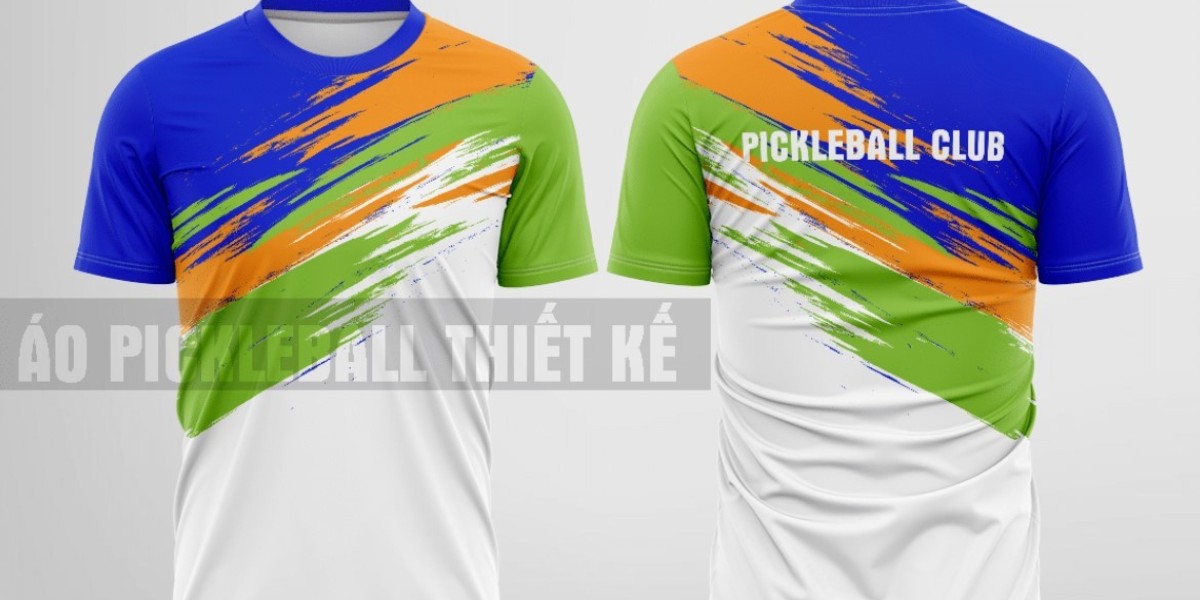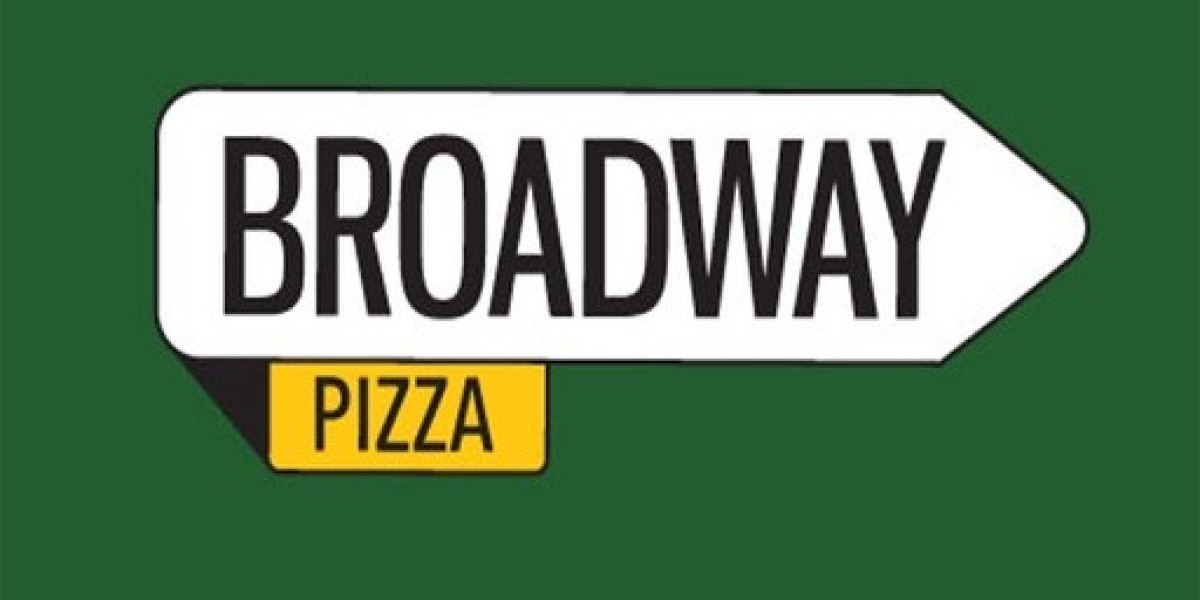Investing in real estate in Singapore can be highly rewarding, especially with the country’s stable economy, transparent legal system, and growing population. However, not everyone is ready to take on high-risk property ventures or speculative investments. If you’re looking to grow your wealth safely and steadily, this article will walk you through low-risk real estate investment strategies in Singapore. These options are ideal for conservative investors who value stable returns and long-term growth over fast gains.
Why Choose Low-Risk Real Estate Investment?
Low-risk property investments aim to preserve capital while generating steady income. While the returns might not be as high as riskier ventures, the safety and predictability can be very appealing—especially in a mature market like Singapore.
Benefits of low-risk strategies include:
Consistent rental income
Capital preservation
Lower volatility
Stable long-term appreciation
Peace of mind for investors
1. Invest in Prime HDB Resale Flats
One of the safest ways to invest in Singapore real estate is through HDB resale flats in mature estates. These are public housing units with strong demand, especially in areas with good schools, transport links, and amenities.
Why It’s Low Risk:
Government-backed housing
Strong rental demand from locals and PRs
Lower price point than private properties
CPF usage allowed
Tip:
Choose flats near MRT stations or town centers. Look for units in estates like Queenstown, Toa Payoh, or Bishan.
2. Buy Leasehold Private Condos in City Fringe (RCR)
Leasehold condos in the Rest of Central Region (RCR) strike a good balance between price and location. These include city-fringe areas like Geylang, Balestier, and Redhill.
Why It’s Low Risk:
Mid-range price points
Steady rental income from expatriates
Good appreciation potential without CBD price premiums
Tip:
Avoid new launches with high developer premiums. Focus on resale condos with strong past rental records.
3. Real Estate Investment Trusts (REITs)
For a hands-off, ultra-low-risk strategy, consider Singapore REITs (S-REITs). These are listed on the SGX and allow you to invest in commercial, retail, or industrial properties without owning physical buildings.
Why It’s Low Risk:
High liquidity (buy/sell on stock market)
Diversification across properties
Regular dividend payouts (4–6% yield on average)
Professional management
Tip:
Look for REITs with strong portfolios in Singapore, low gearing ratios, and stable occupancy rates. CapitaLand Integrated Commercial Trust and Mapletree Industrial Trust are popular picks.
4. Rental-Backed Investment Properties
Choose residential properties in areas with high rental demand, such as those near international schools, business parks, or medical hubs. These properties offer stable, recurring rental income.
Why It’s Low Risk:
Cash flow from day one (if tenanted)
Good protection against inflation
Lower vacancy rates in high-demand zones
Tip:
Use PropertyGuru or 99.co to track areas with rental demand and yields. Consider 1-bedroom units in areas like Bukit Timah or Novena.
5. Long-Term Hold Strategy (Buy and Hold)
Rather than flipping or speculating, many investors in Singapore use a “buy and hold” strategy. The idea is to purchase a well-located property and hold it for 10–15 years, benefiting from capital appreciation and rental income.
Why It’s Low Risk:
Compounds wealth over time
Minimizes transaction costs and taxes
Less sensitive to short-term market fluctuations
Tip:
Ensure the property is in a location with strong urban redevelopment plans (e.g., Paya Lebar, Jurong Lake District). Future infrastructure boosts long-term values.
6. Commercial Shophouse Units (for Experienced Investors)
While not for beginners, commercial shophouses in city fringe areas like Jalan Besar or Tanjong Pagar can be a relatively low-risk play for experienced investors.
Why It’s Low Risk:
Limited supply and high heritage value
Dual-use potential (retail + residential)
Often unaffected by residential cooling measures
Tip:
Do due diligence on zoning laws, heritage restrictions, and tenant stability. Seek legal advice before buying.
7. Co-Investment Platforms & Property Crowdfunding
Singapore has a growing number of property co-investment platforms that allow you to invest in real estate projects with as little as a few thousand dollars. Examples include RealVantage or Fraxtor.
Why It’s Low Risk:
Professional vetting and management
Diversification over multiple projects
Minimal capital outlay
Tip:
Review the track record of the platform and read the fine print about fees and exit options. Stick to projects within Singapore or developed markets.
8. Invest in Retirement-Oriented Properties
As Singapore's population ages, there’s rising demand for properties near healthcare services and quiet residential areas. Targeting this niche market offers low-risk potential.
Why It’s Low Risk:
Strong future demand
Tenants tend to stay long-term
Lower volatility in pricing
Tip:
Look at properties in areas near hospitals like Novena Health City or the upcoming Woodlands Health Campus.
Final Thoughts
Low-risk real estate investment in Singapore doesn’t mean low return—it means measured, consistent returns over time with fewer surprises. With the right property, research, and long-term approach, even conservative investors can build wealth securely in the Singapore property market.
Important Links
Tampines Street 95 EC Developer
Tampines Street 95 EC Project Details
Tampines Street 95 EC Location
Tampines Street 95 EC Site Plan
Cost Breakdown of Owning a Condo in Singapore
Pet-Friendly Condominiums That Are Gaining Popularity in Singapore
Condo Amenities That Add the Most Value for Resale
What to Know Before Buying a Home in a New Neighborhood
What Increases the Value of a Home Before Selling?
Tampines Street 95 EC Urban Pulse Deep Dive
Tampines Street 95 EC Developer
Tampines Street 95 EC Location
Tampines Street 95 EC Site Plan








